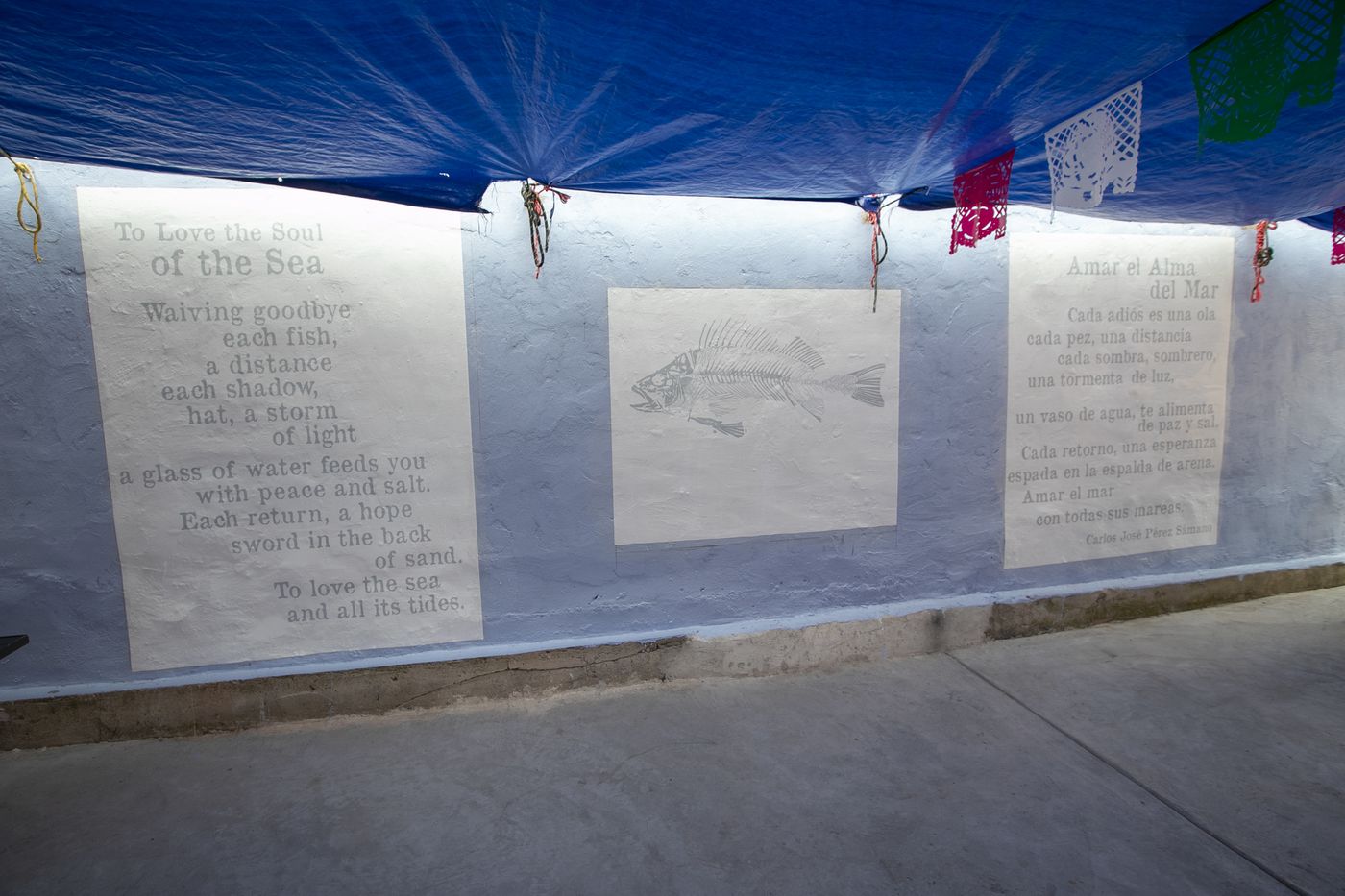From Alex Baumans:
I'm getting more and more interested in Chinese pop culture, so I keep discovering things.
I recently watched Painted Skin 2, which is your typical fantasy action movie, with star crossed lovers, a princess, a fox spirit and a lone outpost of the area surrounded by barbarians.
When these barbarians (and they are truly depicted as barbarians, straight from Hyboria) came on screen, I pricked up my ears. As I said in an earlier mail, my Chinese is next to non existent, but I have watched a lot of reality shows with The9 these last weeks, and this didn't sound like any Chinese I was used to.
Even more bafflingly, I had the impression I could make out some Indian sounding words like 'rajaputra' [VHM: "prince"] and 'deva' [VHM: "god; deity"] which would be appropriate in the context. These may be mondegreens, as I don't know any Indian languages. I have only watched a fair bit of Bollywood cinema and have a background in Farsi.
So I thought this little enigma (if it is one) would amuse you.
Read the rest of this entry »



